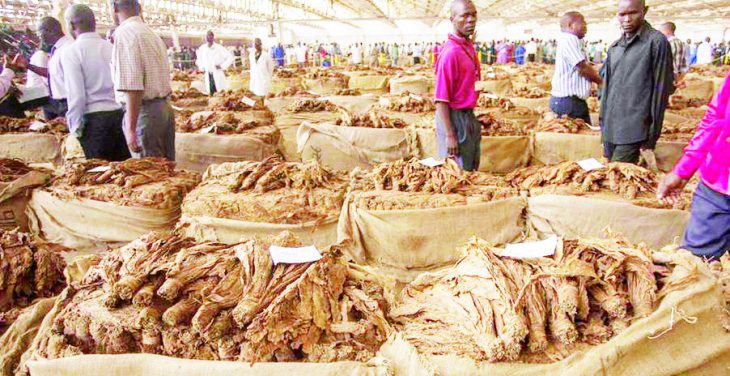
Malawi’s $1.6bn Trade Deficit in 7 Months: A Call to Action for Business Leaders to Fuel Economic Growth and Revitalize Trade
Key Business Points
- Improved trade balance: Malawi’s trade balance eased to $173 million from $237.9 million in June, driven by a sharp increase in exports and a decline in imports.
- Growing trade deficit: Despite the improved trade balance, the cumulative trade deficit for the first seven months of the year increased substantially to $1.6 billion.
- Export growth: Exports increased to $380.7 million, presenting opportunities for local entrepreneurs to expand their businesses and increase their export volumes, particularly in the zimayi (agricultural) sector.
Malawi’s business community has witnessed a rare turn of events in the country’s trade performance, with the third quarter of the year beginning on a positive note. The sharp increase in exports, coupled with a decline in imports, has eased the trade balance to $173 million from $237.9 million in June. This development is mkwiyo (encouraging) for local businesses, as it indicates a potential shift in the country’s trade dynamics. However, it is essential to note that this improvement is not enough to offset the substantial increase in the cumulative trade deficit for the first seven months of the year, which now stands at $1.6 billion.
The increase in exports to $380.7 million presents nkhani za kukonda (opportunities) for local entrepreneurs to expand their businesses and increase their export volumes. This growth is particularly significant in the zimayi (agricultural) sector, which is a crucial component of Malawi’s economy. Kusolola (investing) in this sector can yield substantial returns, not only for businesses but also for the country’s economic growth. Furthermore, the decline in imports suggests that local businesses are kukwiya (struggling) to compete with foreign products, highlighting the need for kuthandiza (support) and kufufuza (promoting) local industries.
The substantial increase in the trade deficit, however, is a cause for concern. It highlights the need for mkanganiso (strategic planning) and kufufuza (promotion) of local products to reduce the country’s reliance on imports. Kusamalidwa (balanced trade) is essential for Malawi’s economic growth, and it is crucial for businesses and policymakers to work together to achieve this goal. By kukhazikitsa (focusing) on export-led growth and kufufuza (promoting) local industries, Malawi can reduce its trade deficit and achieve kusamalidwa (balanced trade), which is essential for the country’s economic development.
What are your thoughts on this business development? Share your insights and remember to follow us on Facebook and Twitter for the latest Malawi business news and opportunities. Visit us daily for comprehensive coverage of Malawi’s business landscape.
- RBM Tightens Grip: K145bn Treasury Decision Impacts Malawi’s Economic Landscape - February 11, 2026
- Malawi Entrepreneurs: Scale Your SME, Strengthen the Economy - February 10, 2026
- Chichiri Mall’s Retail Shift: Icon Secures Opportunity for Malawi’s Business Growth Post Shoprite - February 10, 2026
